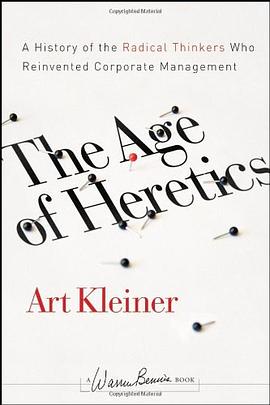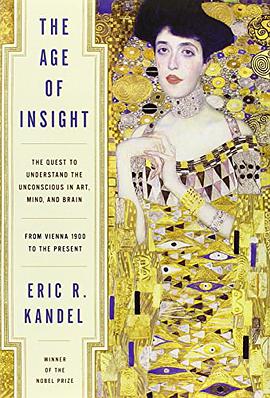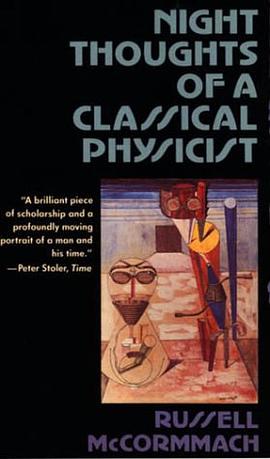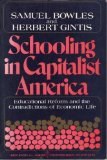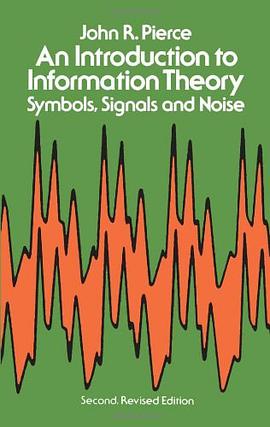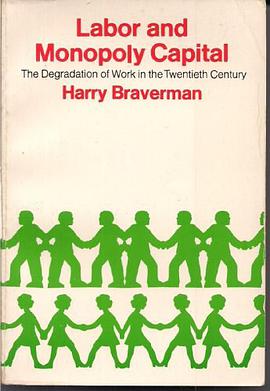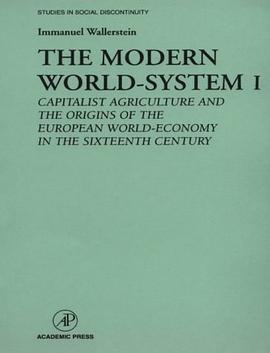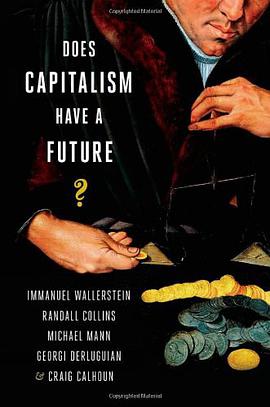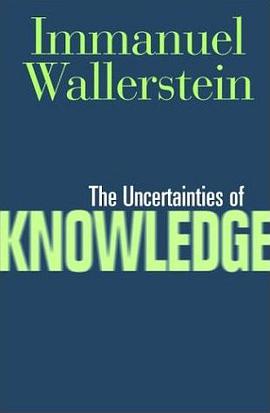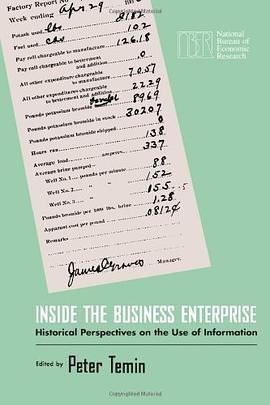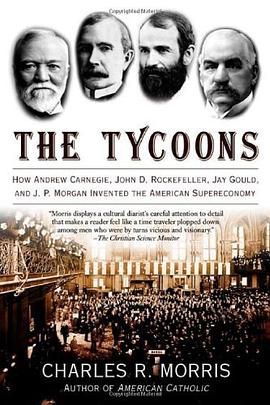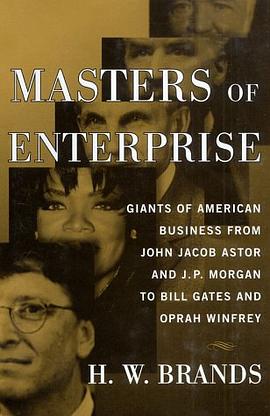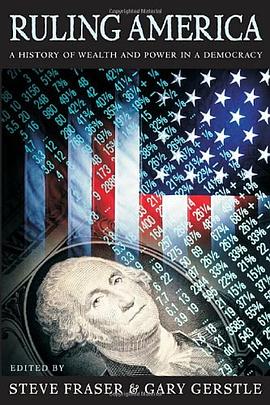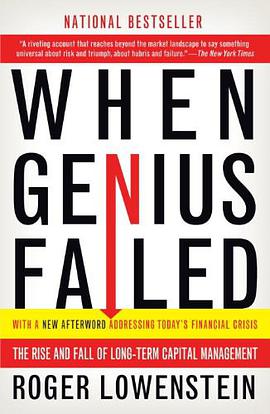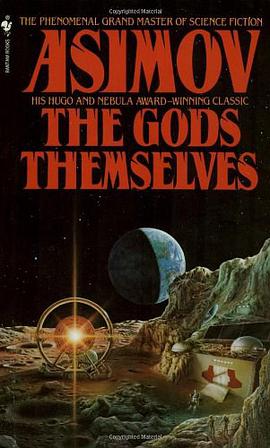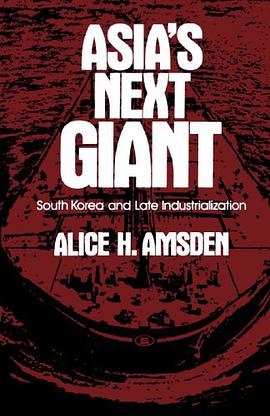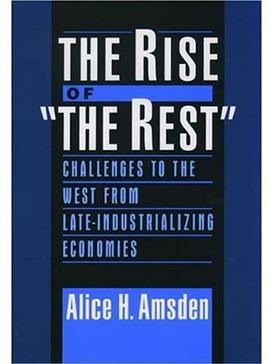The Age of Heretics 豆瓣
作者:
Art Kleiner
John Wiley & Sons
2008
- 8
在线阅读本书
In this second edition of his bestselling book, author Art Kleiner explores the nature of effective leadership in times of change and defines its importance to the corporation of the future. He describes a heretic as a visionary who creates change in large–scale companies, balancing the contrary truths they can’t deny against their loyalty to their organizations. The Age of Heretics reveals how managers can get stuck in counterproductive ways of doing things and shows why it takes a heretical point of view to get past the deadlock and move forward.
In this second edition of his bestselling book, author Art Kleiner explores the nature of effective leadership in times of change and defines its importance to the corporation of the future. He describes a heretic as a visionary who creates change in large–scale companies, balancing the contrary truths they can’t deny against their loyalty to their organizations. The Age of Heretics reveals how managers can get stuck in counterproductive ways of doing things and shows why it takes a heretical point of view to get past the deadlock and move forward.
